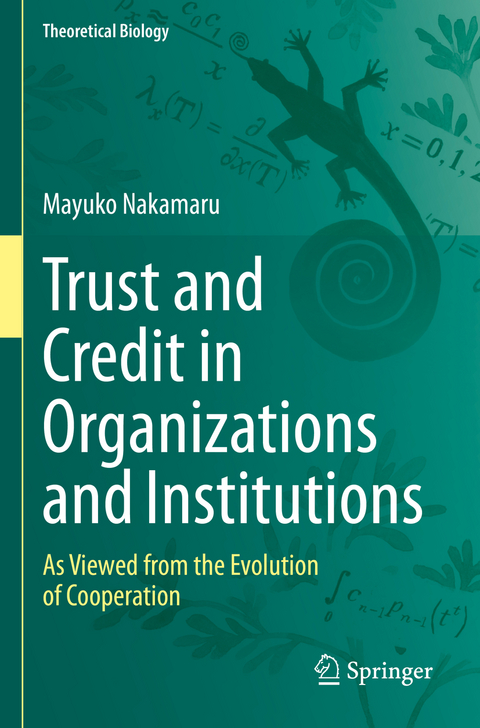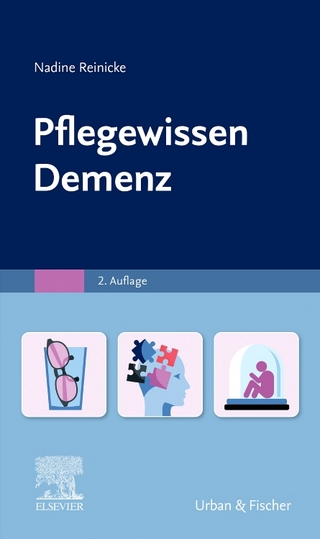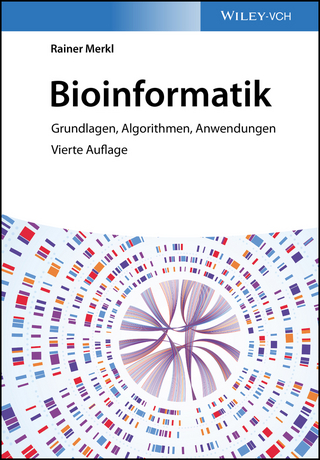
Trust and Credit in Organizations and Institutions
Springer Verlag, Singapore
978-981-19-4981-4 (ISBN)
The division of labor occurs when the society comes to have diversity and complexity in a larger group, and the division of labor also requires mutual cooperation and trust among different social roles. In a larger group, people cannot directly interact with each other, and the reputation of unknown people helps other decide who is a trustworthy person. However, if gossip spreads untruths about a reputation, trust and cooperation are destroyed.Therefore, how to suppress untrue gossip is also important for trust and cooperation in a larger group. If trustworthiness and credibility can be established, these groups are successfully sustainable. Some develop and evolve and then mature into larger organizations and institutions. Finally, these organizations and institutions become what they are now. Therefore, not only cooperation but also trust and credit are keys to understanding these organizations and institutions.
The evolution of cooperation, a topic of research in evolutionary ecology and evolutionary game theory, can be applied to understanding how to make institutions and organizations sustainable, trustworthy, and credible. It provides us with the idea that evolutionary game theory is a good mathematical tool to analyze trust and credit. This kind of research can be applied to current hot topics such as microfinance and the sustainable use of ecosystems.
Mayuko Nakamaru Tokyo Institute of Technology, Tokyo Japan
What is "the evolution of cooperation"?.- The evolution of cooperation in a lattice-structured population under two different updating rules.- The effect of peer punishment on the evolution of cooperation.- Rotation savings and credit associations (ROSCAs) as an early-stage credit system.- Tanomoshi-ko field study and subjective experiment.- Who does a group admit into membership or which group does a player want to join?.- The mutual-aid game as an early-stage insurance system.- Cooperation and punishment in the linear division of labor.- Can cooperation evolve when false gossip spreads?.- Field abandonment problem in rice paddy fields.- Ecological features benefiting sustainable harvesters in socio-ecological systems: A case study of swiftlets in Malaysia.
| Erscheinungsdatum | 11.01.2024 |
|---|---|
| Reihe/Serie | Theoretical Biology |
| Zusatzinfo | 1 Illustrations, black and white; XXII, 318 p. 1 illus. |
| Verlagsort | Singapore |
| Sprache | englisch |
| Maße | 155 x 235 mm |
| Themenwelt | Mathematik / Informatik ► Informatik ► Theorie / Studium |
| Informatik ► Weitere Themen ► Bioinformatik | |
| Mathematik / Informatik ► Mathematik ► Angewandte Mathematik | |
| Naturwissenschaften ► Biologie ► Ökologie / Naturschutz | |
| Technik ► Maschinenbau | |
| Schlagworte | agent-based modelling • evolutionary game theory • Evolution of Cooperation • Institution • Mutual-aid group • organization • Trust |
| ISBN-10 | 981-19-4981-6 / 9811949816 |
| ISBN-13 | 978-981-19-4981-4 / 9789811949814 |
| Zustand | Neuware |
| Haben Sie eine Frage zum Produkt? |
aus dem Bereich


